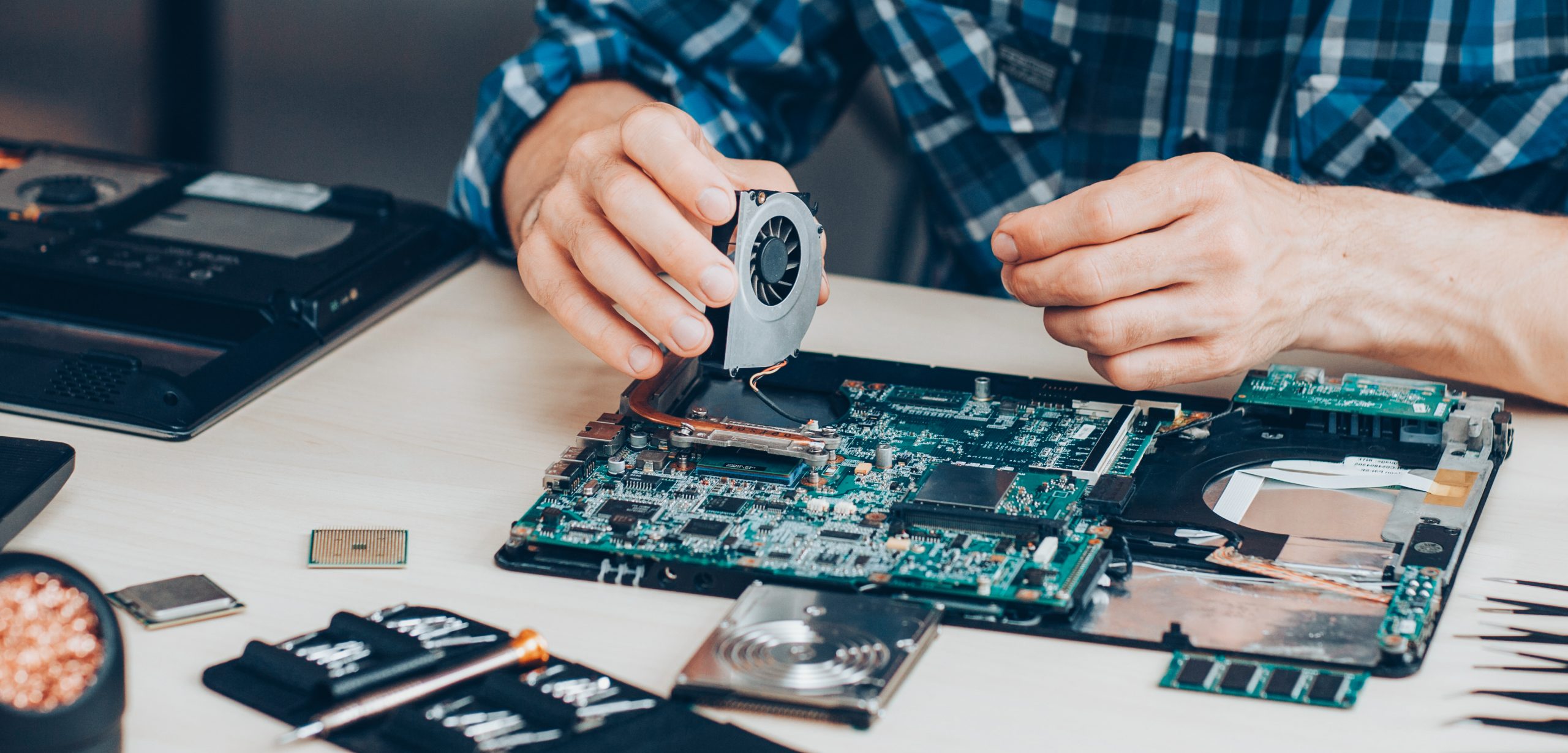How many times have you tried to quickly look something up, waited close to or even over an hour for a file to save, or had your PC freeze in the middle of something important?
Here at Computer SOS Inc. we get how frustrating that can be. Here are some things you can do to help increase your PC’s speed.
If you try these tips but are still having issues remember, we are always here to help.
Drop on by anytime during our business hours Monday-Friday 8:30-6:00 and Saturday 11:00-3:00.
1. There’s not enough hard drive space free
Your hard drive is where all of your files, pictures, videos, programs and operating system are stored. Freeing up space by deleting files that are no longer needed can help improve the performance of your PC.
2. Too many background programs
Remove or disable any startup programs that automatically start up each time the computer boots. If you have malware, spyware, or an antivirus scanner on the computer set it to scan your computer in the background. Often when these programs begin to scan the computer it can decrease the overall performance of your computer.
3. Your computer is affected by malware or a virus
If you think your computer has a virus you should scan your computer right away. Spyware, and other malware can cause many problems to a computer including causing it to slow down. Check out our blog on computer viruses.
4. Your Internet connection might be to blame
Many of the functions we use our computer for require internet access. If websites take an abnormally long time to load, you should check with your internet service provider. There may be a breakdown, or the speed they are providing might not be strong enough for what you’re doing. The problem could also be with the browser. If that’s the case, try another one.
5. Your computer is overheating
Make sure your computer and processor are not overheating. Excessive heat can cause a significant decrease in computer performance some processors will even lower the speed of the processor automatically to help compensate for the heat related issues. The optimal temperature range of a CPU generally resides between 150-170 degrees F in modern processors. The smaller the computer, the higher the temperature. Without a fan, some computers may suffer irreparable damage.

